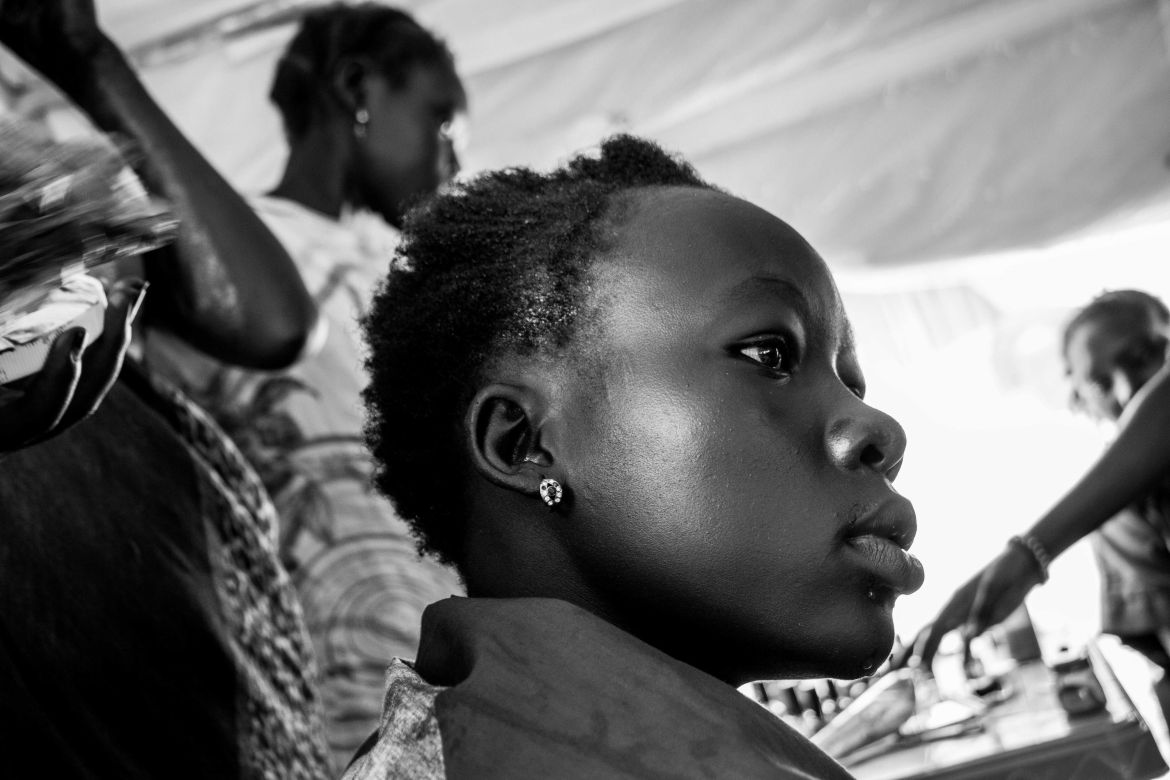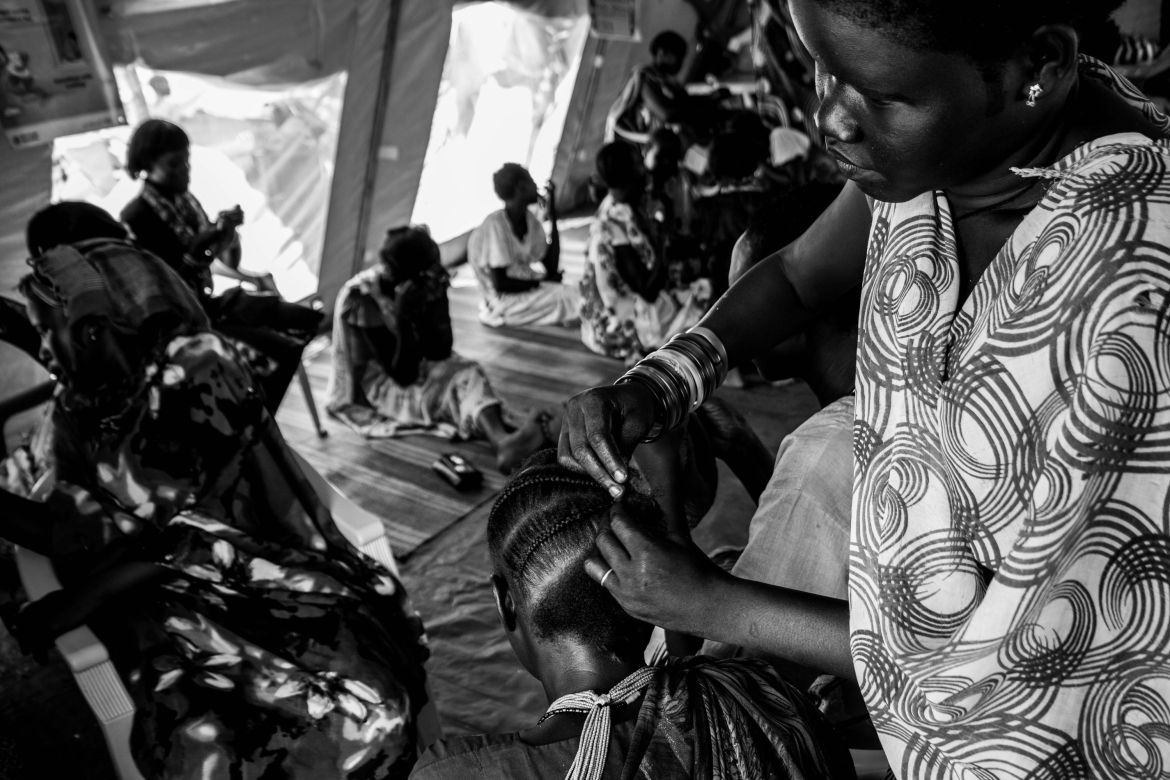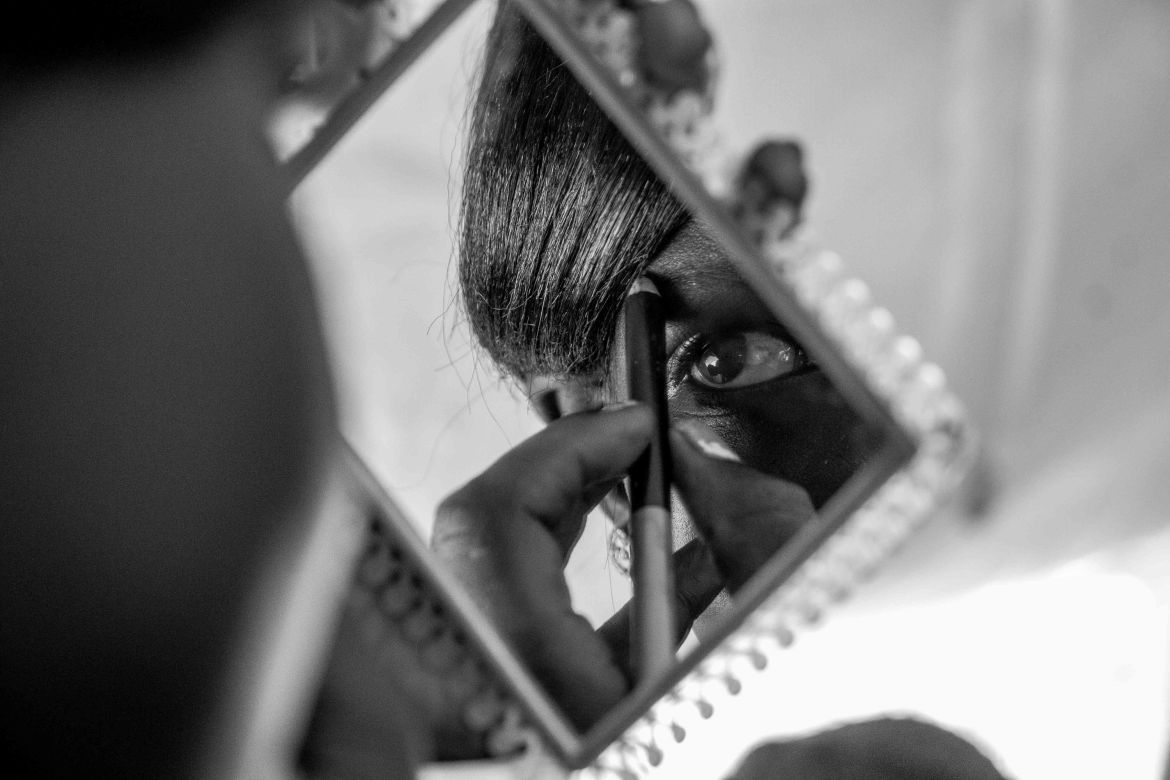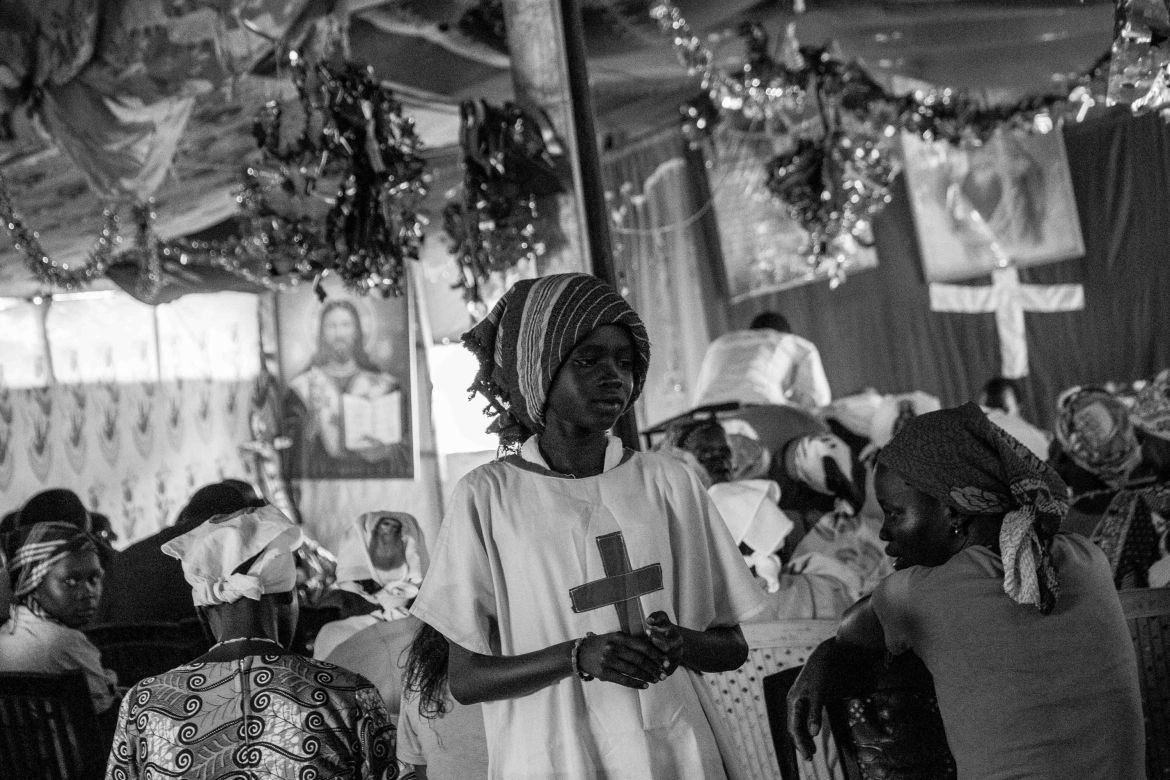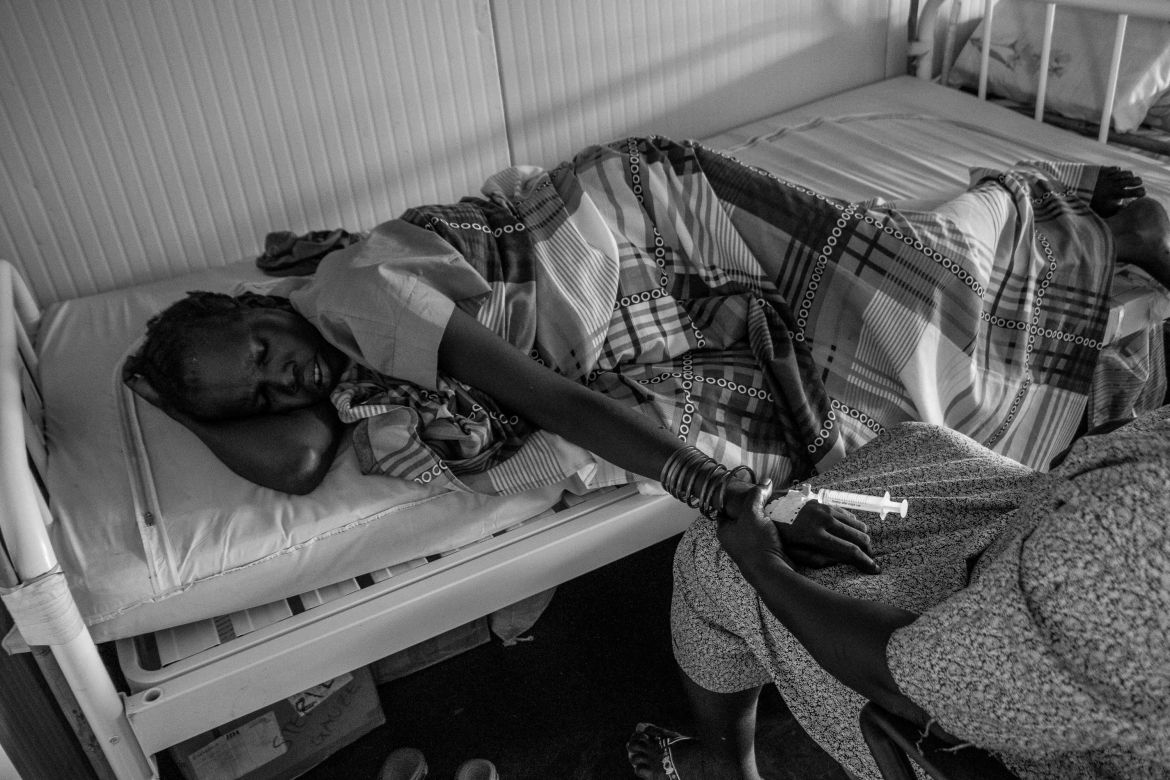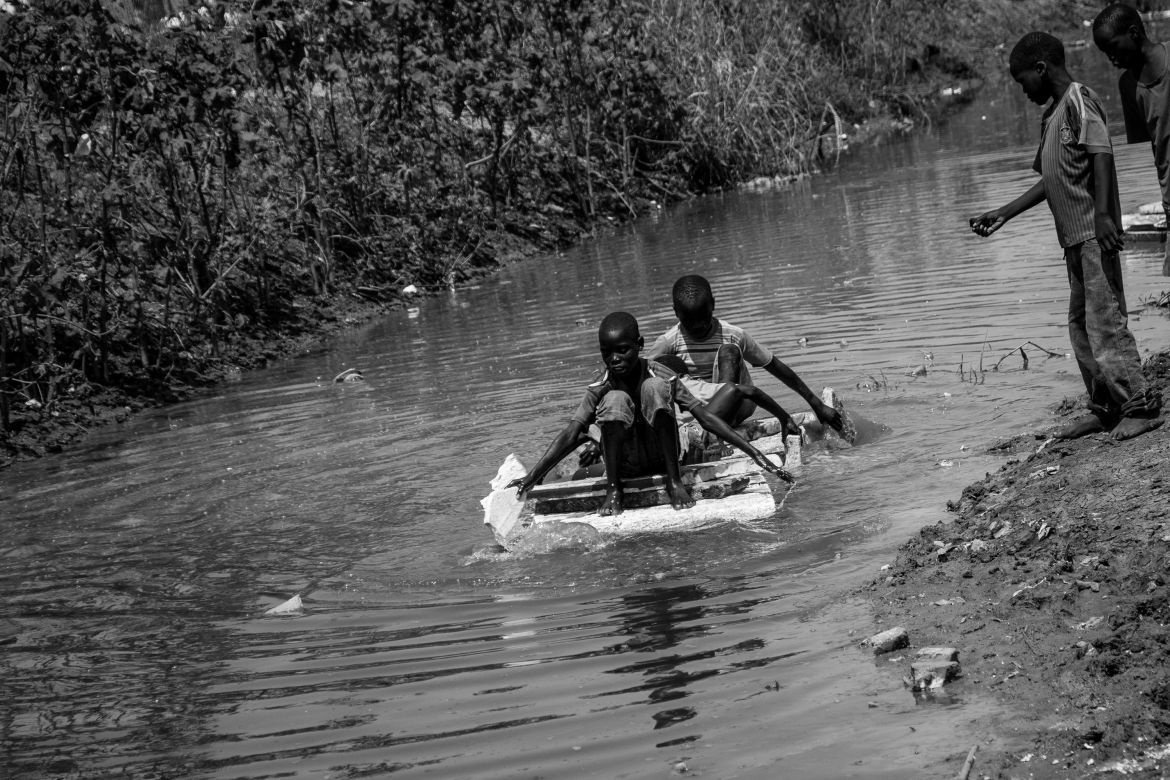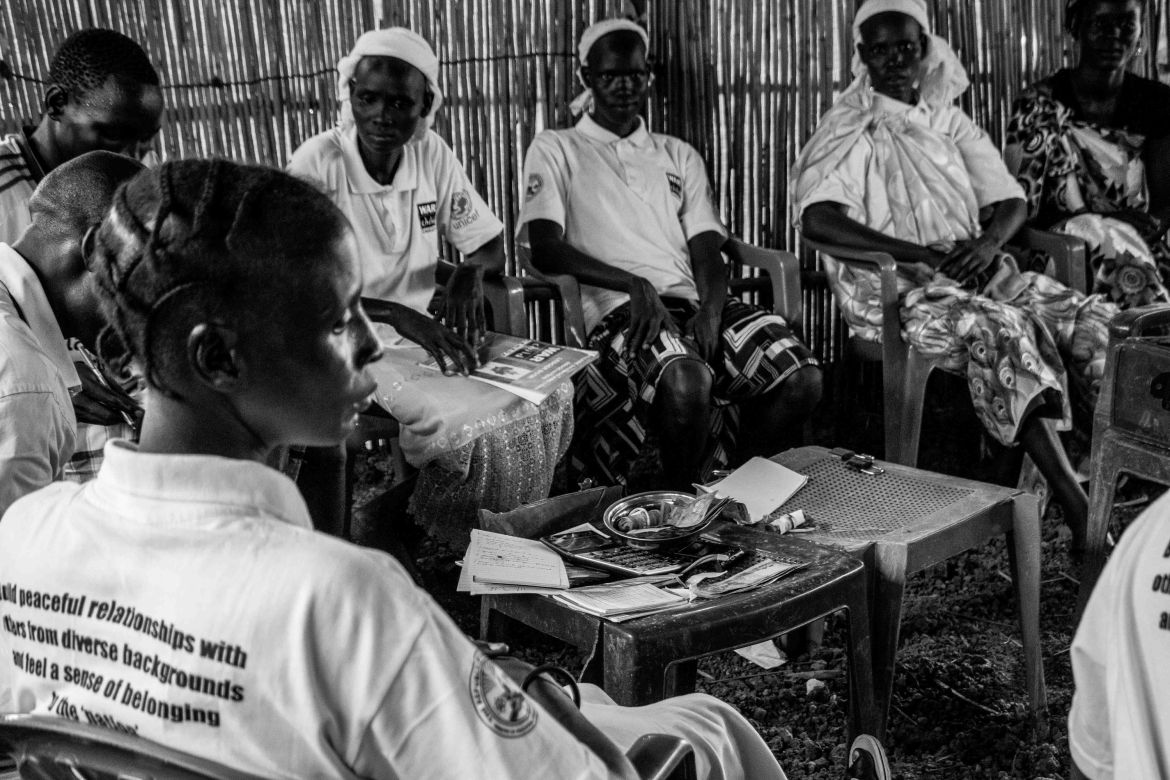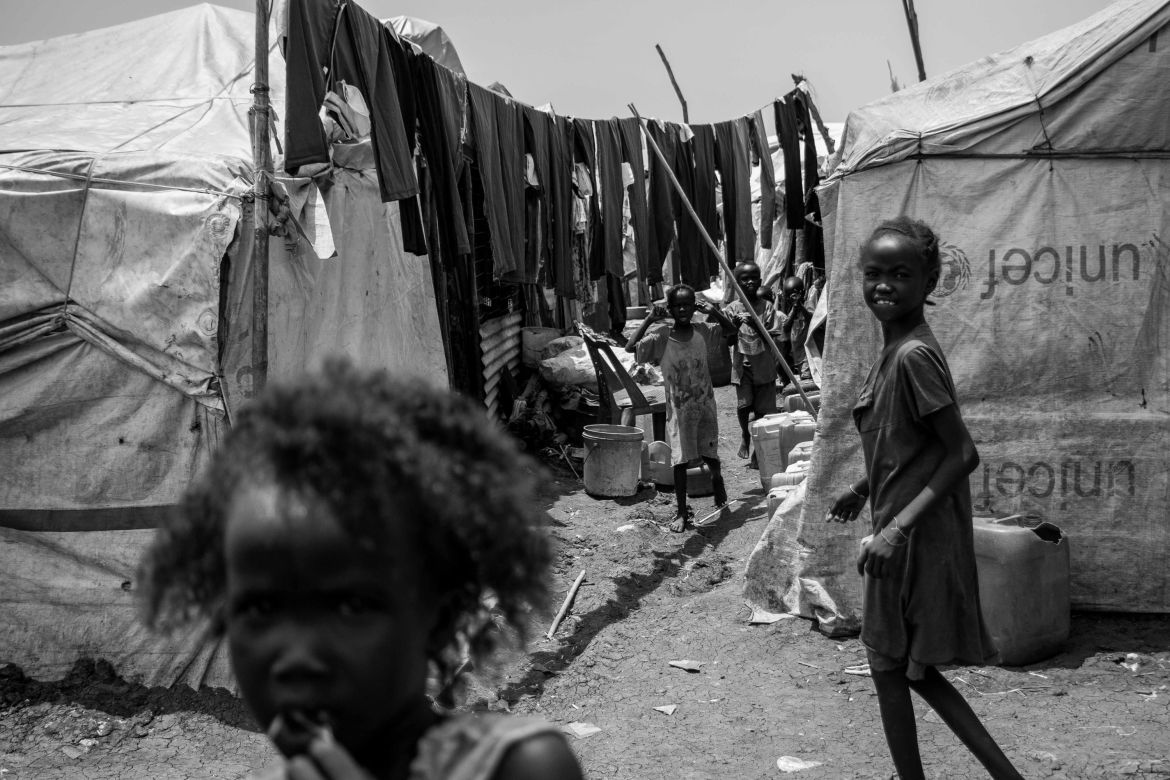In Pictures
South Sudan’s displaced women hold communities together
In displacement camps and across fractured rural communities, women are holding what remains together.

Malakal, South Sudan –More than 45,000 people shelter in Malakal “Protection of Civilians” (PoC) camp, which sprawls near the Nile River in South Sudan’s tortured Upper Nile State. The majority of PoC inhabitants – over 25,000 – are women and girls. They are protected by a barbed-wire fence, a muddy berm, and 1,500 United Nations peacekeepers.
Many families have been trapped inside the camp since December 2013, when South Sudan – the world’s youngest country – exploded into civil war. As fighting tore through Malakal, people ran to the nearby UN base, which opened its gates.
Now, 21 months of near-ceaseless fighting across the country has left tens of thousands of people dead, an estimated two million displaced, and four million facing starvation. In the displacement camps and across fractured rural communities, South Sudan’s women are the ones holding what remains together.
Living conditions in the Malakal PoC are congested, filthy and dangerous. The camp is a sweltering mass of tents and grey tarp shacks – many housing up to 10 people, crushed together across bare earth. When storms roll in, the site camp turns to putrid swamp: Communal latrines leak into walkways, and sewage floods people’s homes, festering for days. Water-borne diseases such as malaria abound.
It is dangerous for people to leave the camp. Beyond the fence, Malakal, once a thriving Nile-side oil hub, is largely empty and destroyed. Currently, it’s occupied by government soldiers. Women who venture outside the UN gates do so mainly in search of food and firewood for cooking. But once outside, they risk harassment, abduction, rape and even death.
Inside the camp, women do almost everything. “[Women] are the ones protecting the family … but services are mostly structured for adult men,” said Masumi Yamashina, a gender-based violence specialist for UNICEF.
“If the women are distressed and stop taking care of the family, there would be no more life-saving in this country.”
